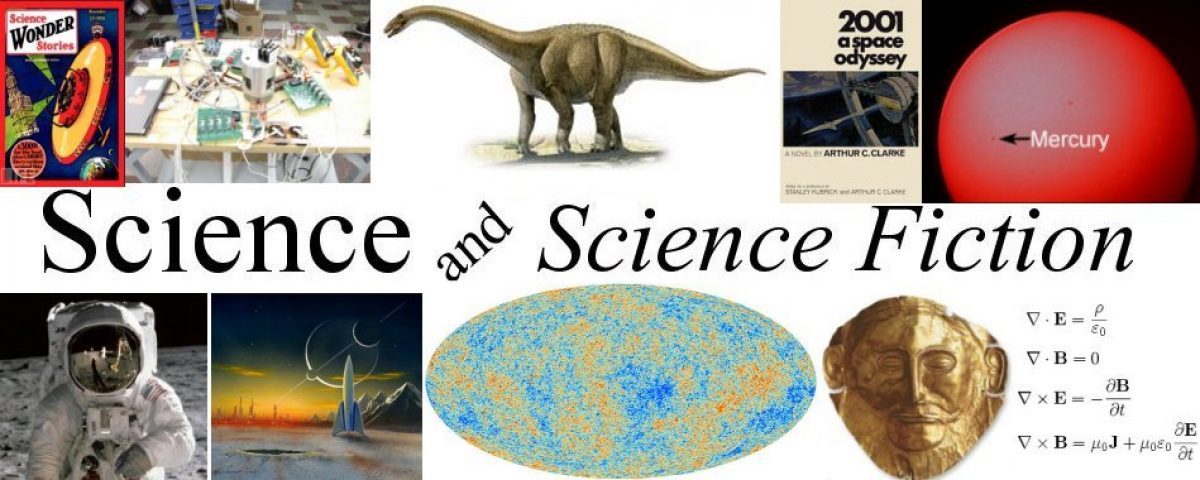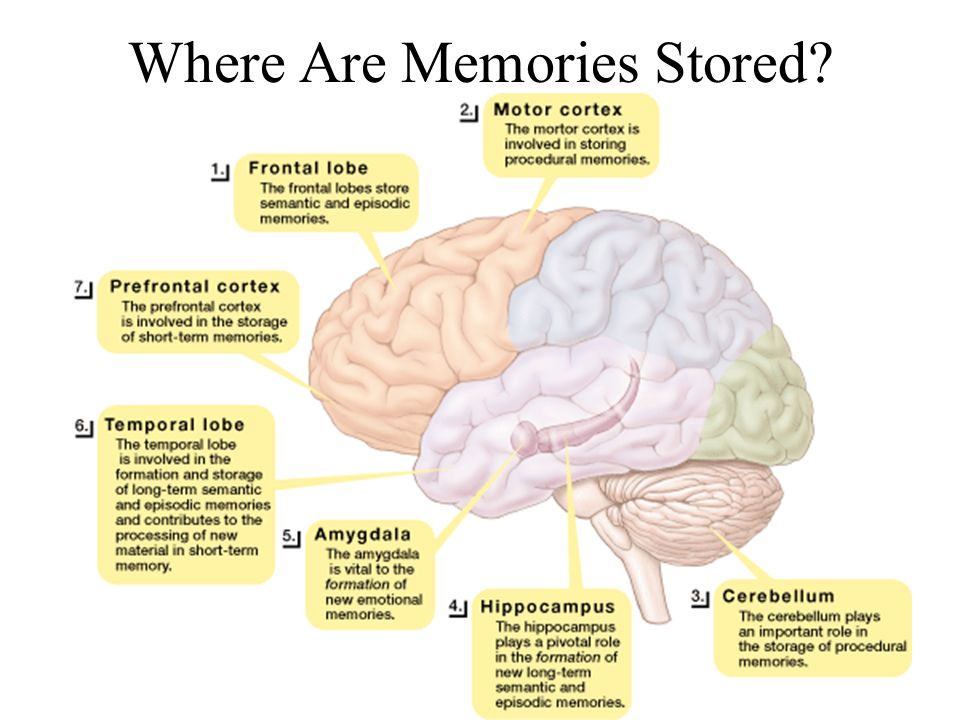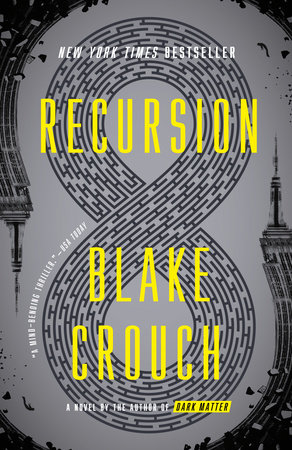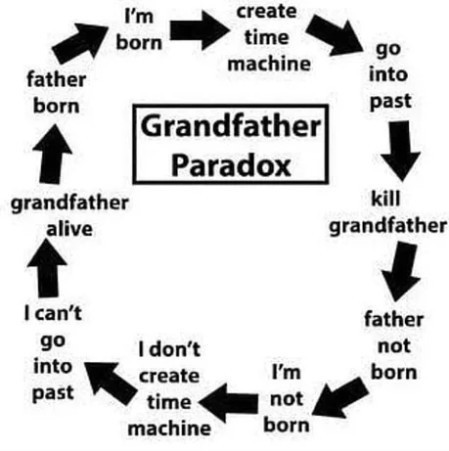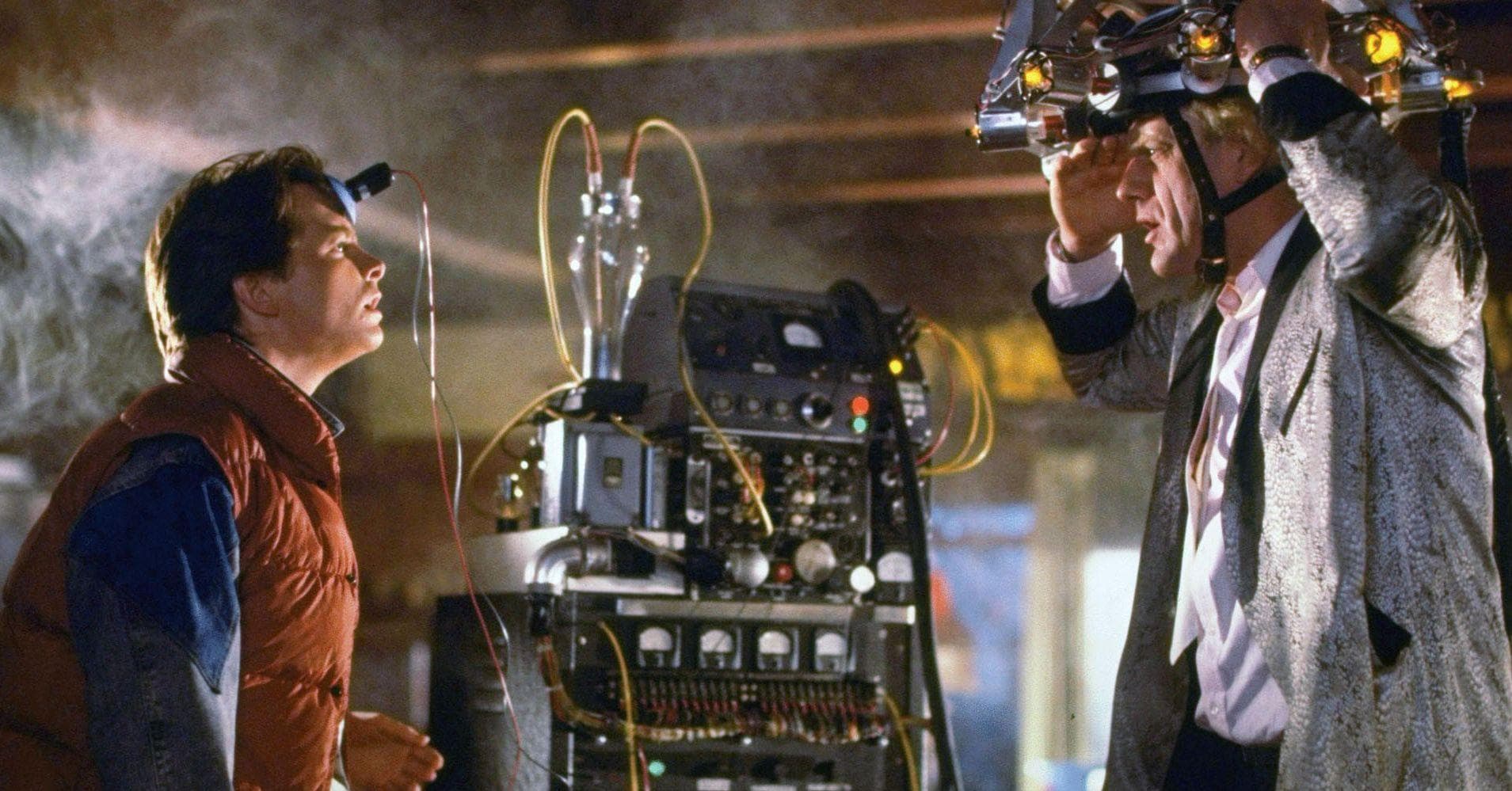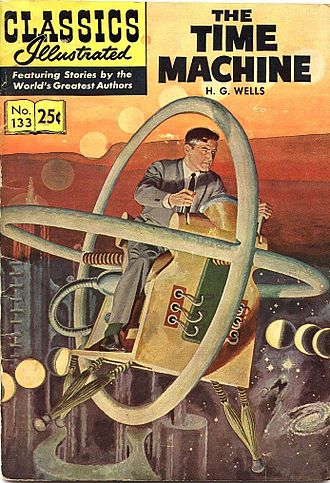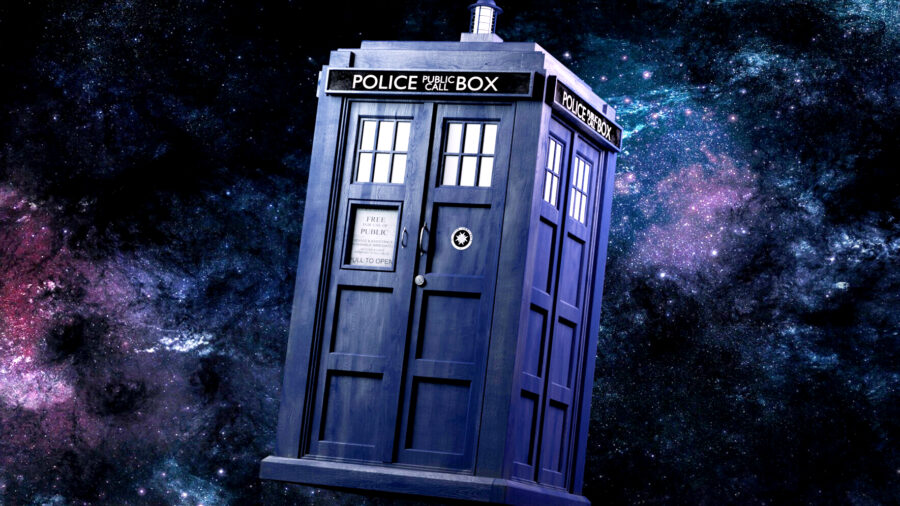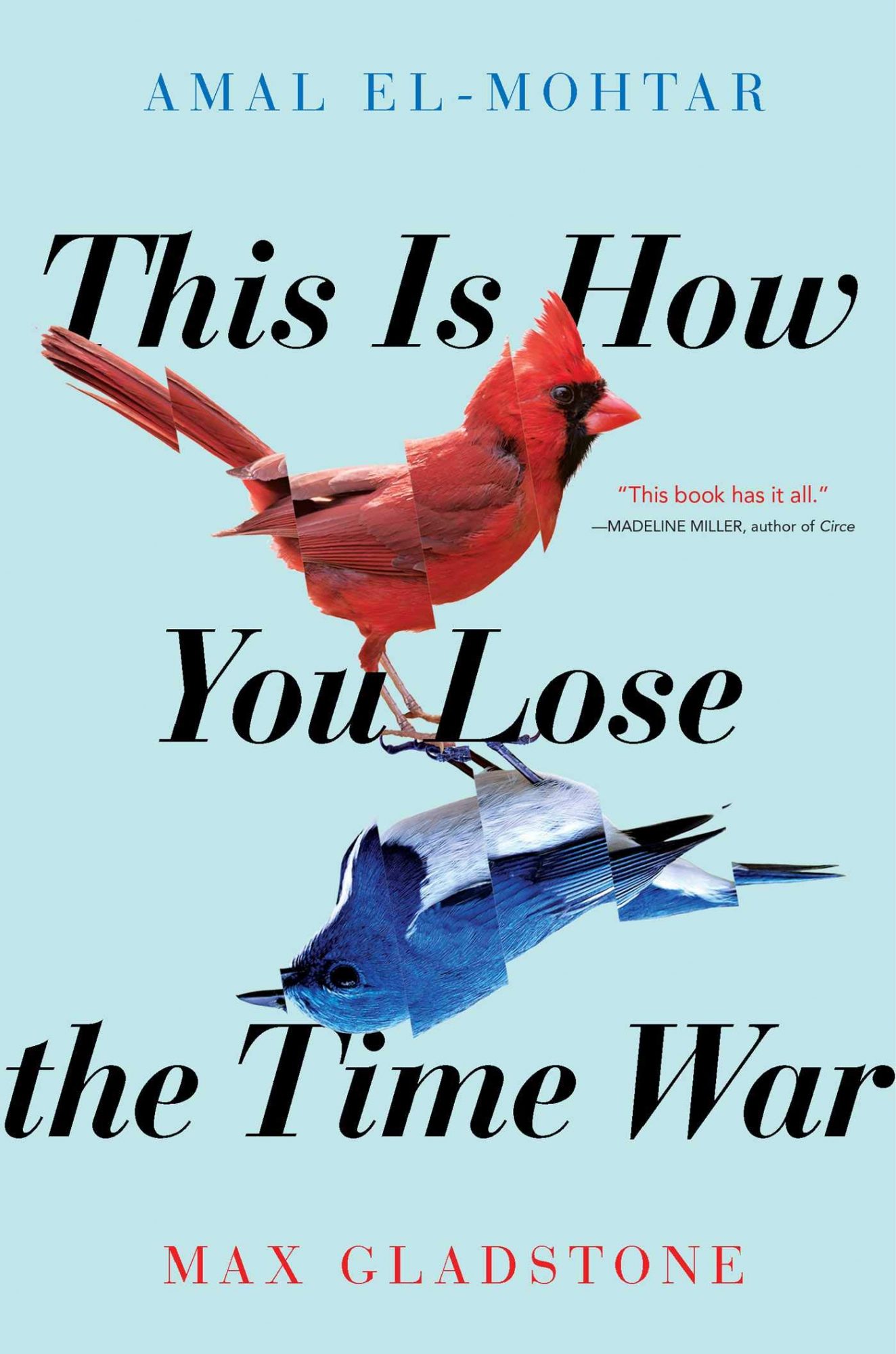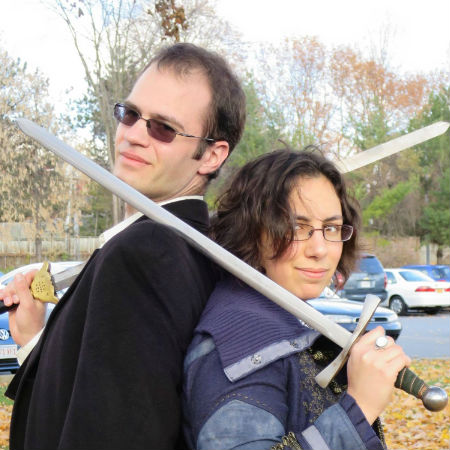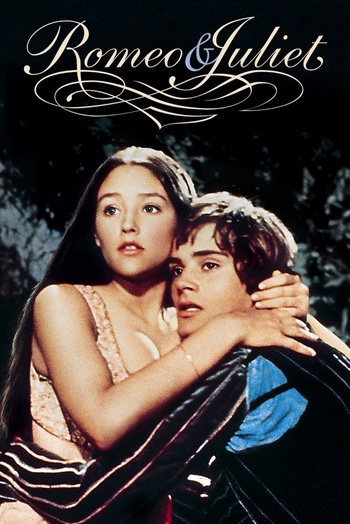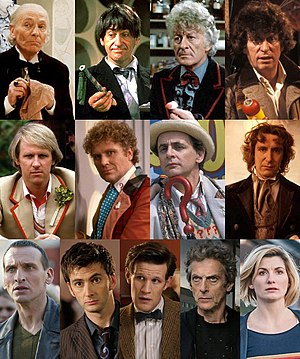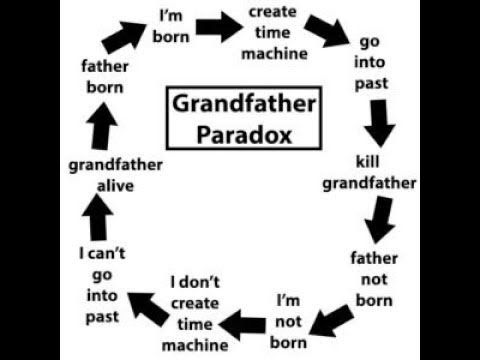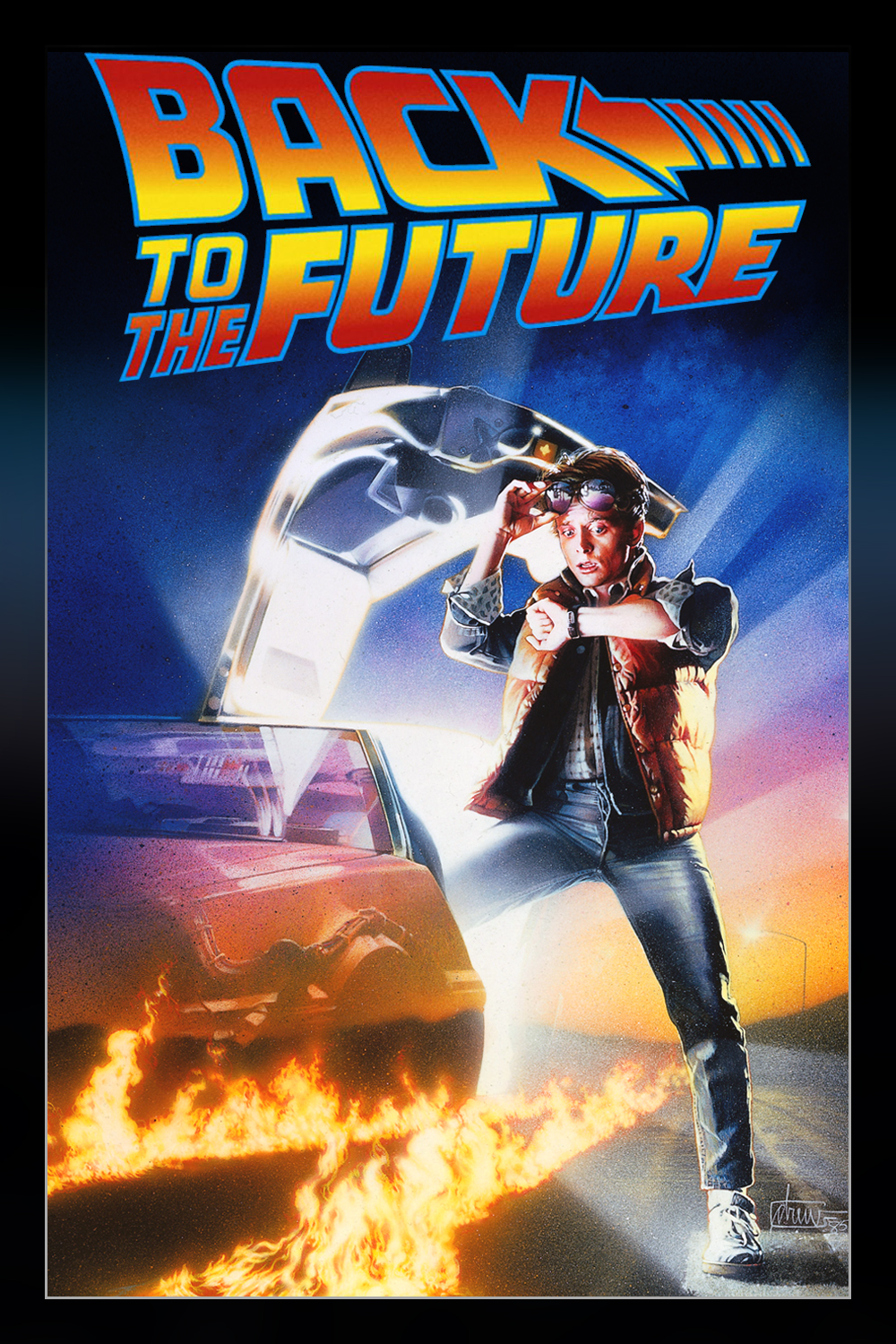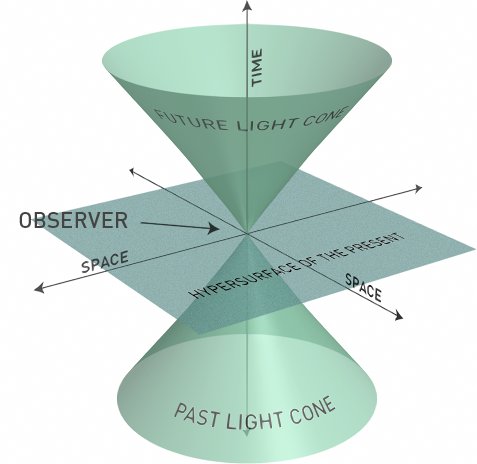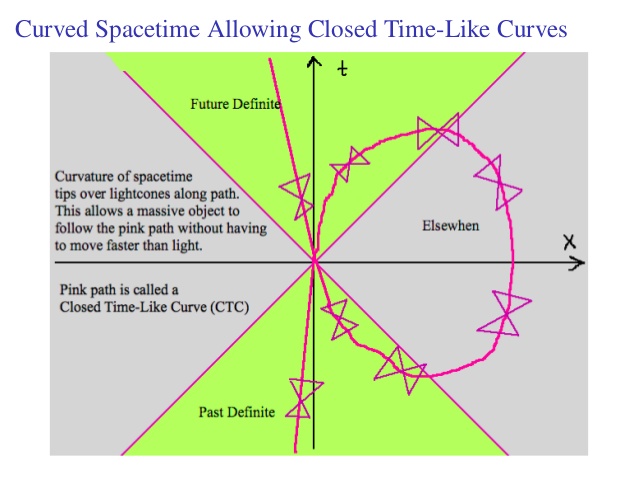Last year I published a review of a book entitled ‘Recursion’ by author Blake Crouch. In that review I praised ‘Recursion’ for having a very unusual slant on the old SF theme of time travel. Like ‘Recursion’, the plot of ‘The Dent in the Universe’ by author E. W. Doc Parris also concerns a very different, and interesting kind of time travel, although as you might guess the results are every bit as chaotic.


One Corporation is a high-tech company operating out of California’s silicon valley in the near future, the 2030s. The company specializes in developing video games and their chief claim to fame is the sChip, an integrated circuit that uses Quantum Entanglement to achieve Faster Than Light (FTL) communications with other sChips. This property allows gamers all over the world to play One Corporation’s video games together without any nasty time delays because of distance. (Actually there are some theorists who think something like that might be possible.)

About ten years after the sChip is first introduced an accident causes a large portion of the network to crash, a gamer spilled his coke onto his terminal. An investigation by One Corporation’s chief scientist, the guy who invented the sChip in the first place, reveals that the crash originated when the coke spilling gamers sChip sent a conformation signal to his buddy’s sChip BEFORE it was asked for the conformation. It seems sChips are not only capable of FTL they can send messages into the past.
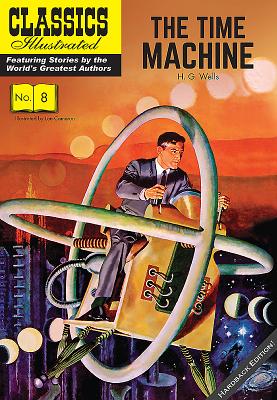
That’s the neat part about ‘The Dent in the Universe’. Here time travel is limited to only information being send through time, not material objects. Another constraint on time travel in ‘The Dent in the Universe’ is that time travel is only possible through sChips and therefore the farthest back it is possible to go is ten years, when the first sChip was made.

Of course it was a part of Stephan Hawkins’ work over decades that showed that information is still energy so it is a material object. Think about it, in a computer information is stored by flipping magnetic fields, something that requires energy to do. So sending information back in time is still sending a material object, the energy to flip a magnetic field, back in time. Nevertheless the unique take on time travel, and the consequences thereof, is the best part of ‘The Dent in the Universe’.

The worst part is the villain, a serial killer of the Bind Torture Kill or Jeffery Dalmer type. I don’t consider myself to have a weak stomach but there were several sections of ‘The Dent in the Universe’ that were simply unpleasant to read, and that’s being kind. There were a lot of gory details that simply weren’t necessary for the plot as far as I was concerned. By the way the idea of a serial killer getting his hands on a time machine isn’t new. Back in the 1979 there was a movie called ‘Time after Time’ where Jack the Ripper, played by David Warner, got his hand’s on H. G. Wells’ time Machine and traveled to 1980s San Francisco. Wells was played by Malcolm McDowell.
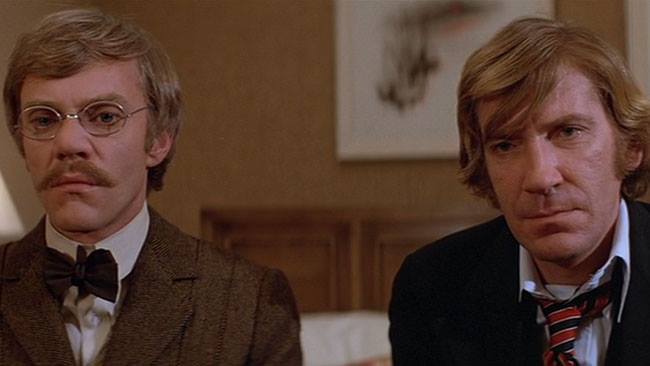
All of that is quite a shame because much of ‘The Dent in the Universe’ is well plotted out, something very necessary in a time travel story and rather exciting. The story could have worked just as well without so much graphic gore.

I do have one other complaint as well. Like many SF stories that take place in the near future ‘The Dent in the Universe’ is filled with techno-talk. The computer gamers all say things like “Rashad’s device processed a D-pad signal at the I/O bus”. Meanwhile the detective’s hunting the serial killer all say things like “That’s inside the feeding zone. Walking distance to the MPWS station, Good eyes Detective Baker, good eyes.” Sometimes I wonder if authors are just trying to impress their readers with how in tune they are with the language spoken by experts in various fields.

And finally it turns out that ‘The Dent in the Universe’ is just the first installment in another series of novels. I haven’t made up my mind as to whether I’ll read the next installment. As I said ‘The Dent in the Universe’ had some really interesting parts, as well as some very unpleasant ones.
